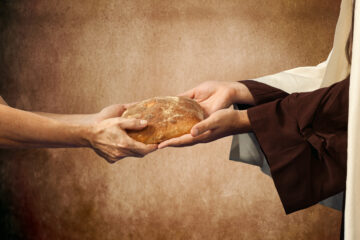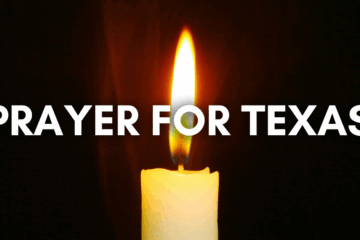Fr. Andreas Agathokleous
The case is mentioned in the Book of the Elders of a monk who ‘visited Abba Lot and went in and out of his cell, but couldn’t manage to say what he wanted to’.
The elder then asked him: ‘What’s the matter, brother?’.
He answered: ‘I’ve committed a great sin and I can’t confess to the fathers where I’m living’.
‘So confess to me and I’ll bear it’.
He confessed: ‘I was tempted into fornication and, to make sure it turned out well, I sacrificed food to idols and denied Christ’.
The elder told him: ‘Don’t lose heart; there’s always repentance. Go and sit in the cave and fast. Eat only every two days and I’ll do the same, sharing half of the sin with you’.
This instance from the Book of the Elders, which is not the only one of its kind, makes two essential points:
- The undertaking of responsibility on the part of the confessor. It reminds us of the assumption of our sins by Christ, who, although he was sinless, was crucified and died for us so that we could make the transition ‘from darkness to light’. In other words, it’s a dynamic expression of love which seizes those who are weak, sinful and despairing and raises them up. It gives them hope and consolation so that they can carry on.
- The assumption of responsibility for the error and sin of someone else can’t be undertaken entirely by the person showing love. The recipient of that love must also take up their share of the burden, in order to express their agreement and desire for personal regeneration.
Our society is characterized by egocentrism; assuming responsibility for another person is seen as foolishness; and each person simply goes their own way. It should come as no surprise, then that we’re beset with so-called psychological problems, anxieties and neuroses, and that the pain of loneliness has increased, with all this entails.
As Christians, we live in this society and we’re called upon to declare that the message of the Gospel is applicable today. And above all, by applying it first ourselves, we should acquire the joy of the glad tidings to be gained by assuming responsibility for the weakness and sins of other people.
Christ undertook the responsibility and, by extension, so do those who continue his work. Any of us may find ourselves faced with someone who’s in despair and we can give them a helping hand, taking on some of the responsibility for their sin as if it were our own. In which case, we really are doing Christ’s work.
The joy and peace of Christ will then fill our heart and we’ll experience something beyond anything that the world of egocentrism and selfishness can know.
Source: pemptousia.com




0 Comments